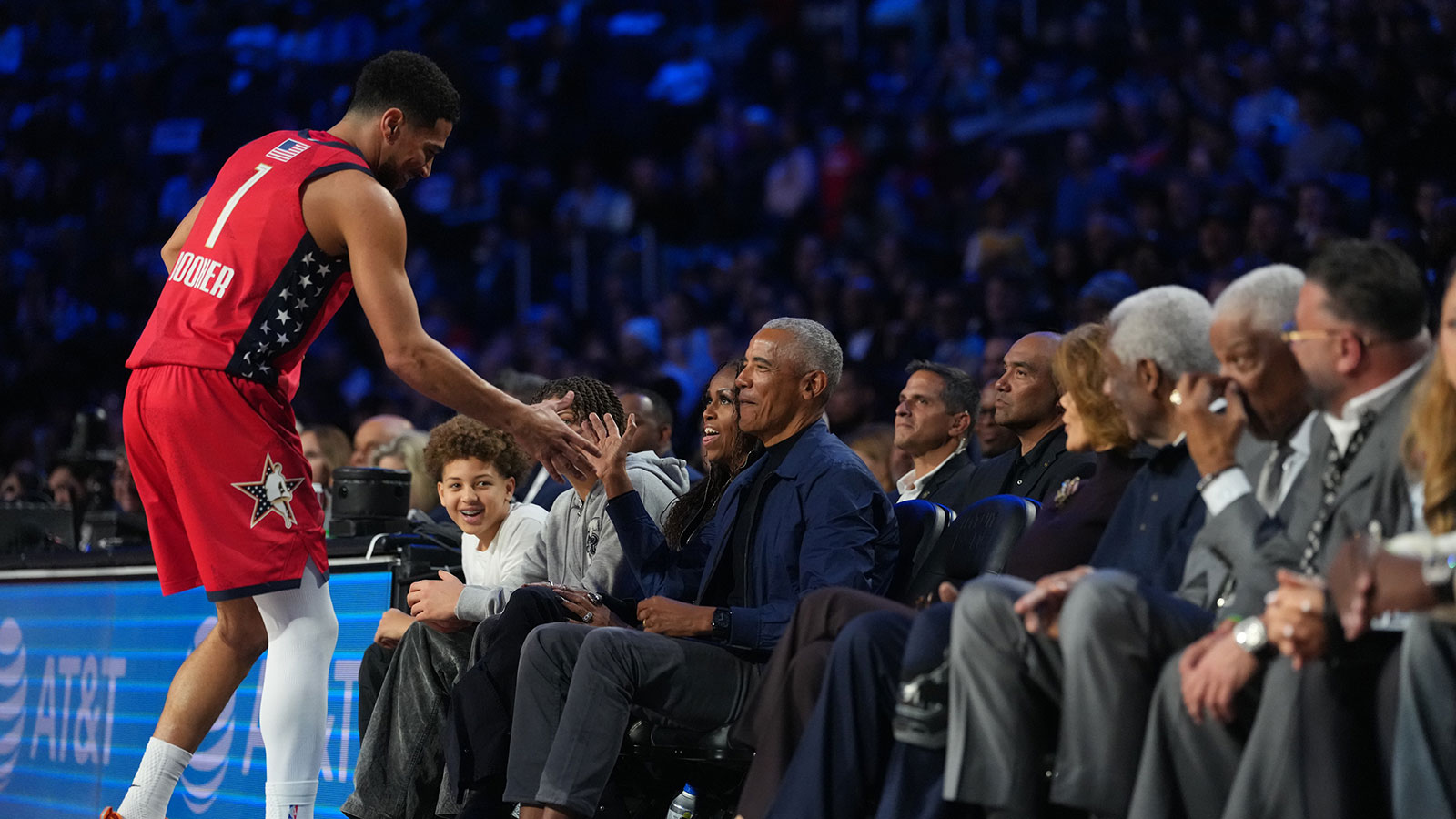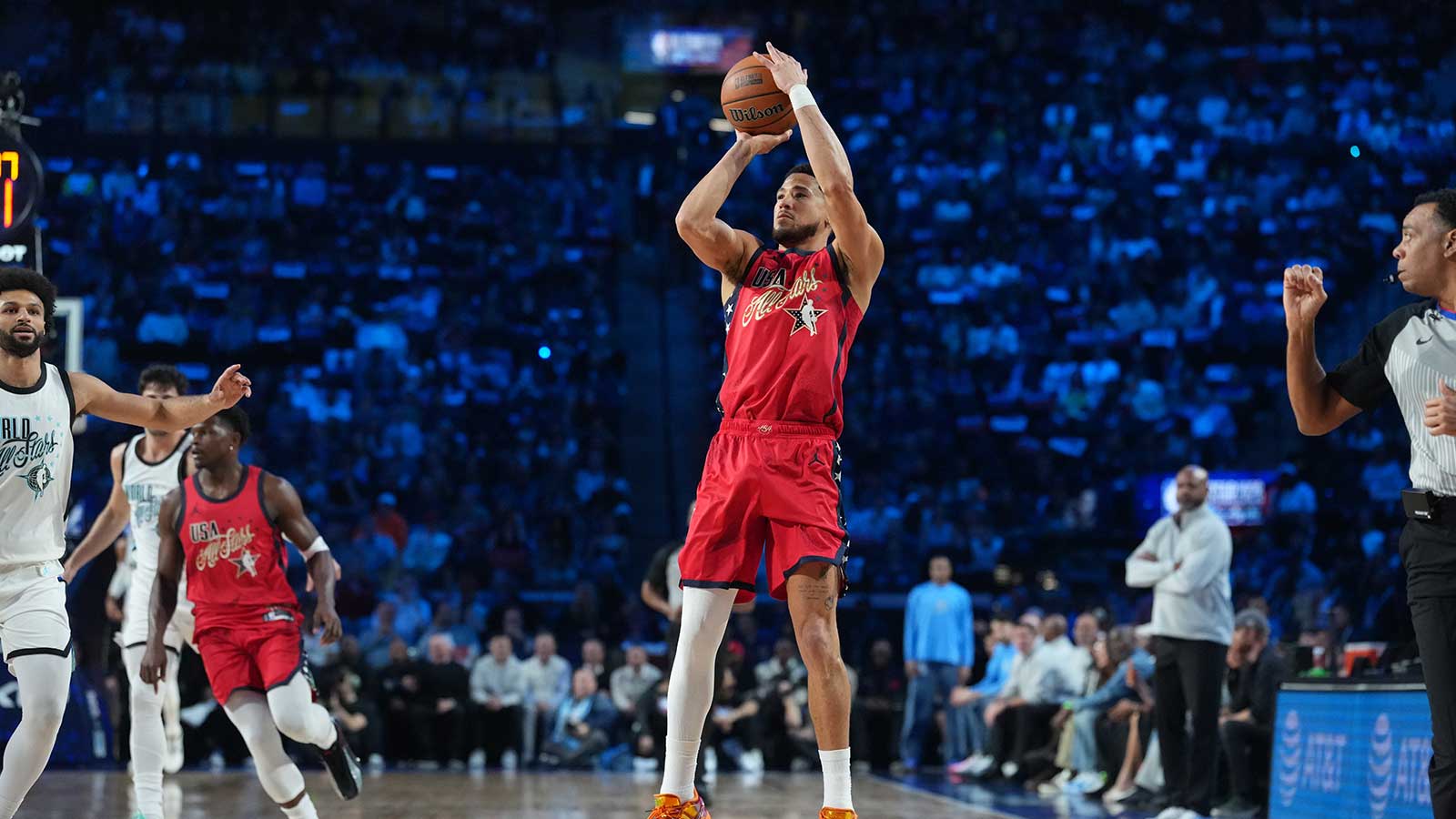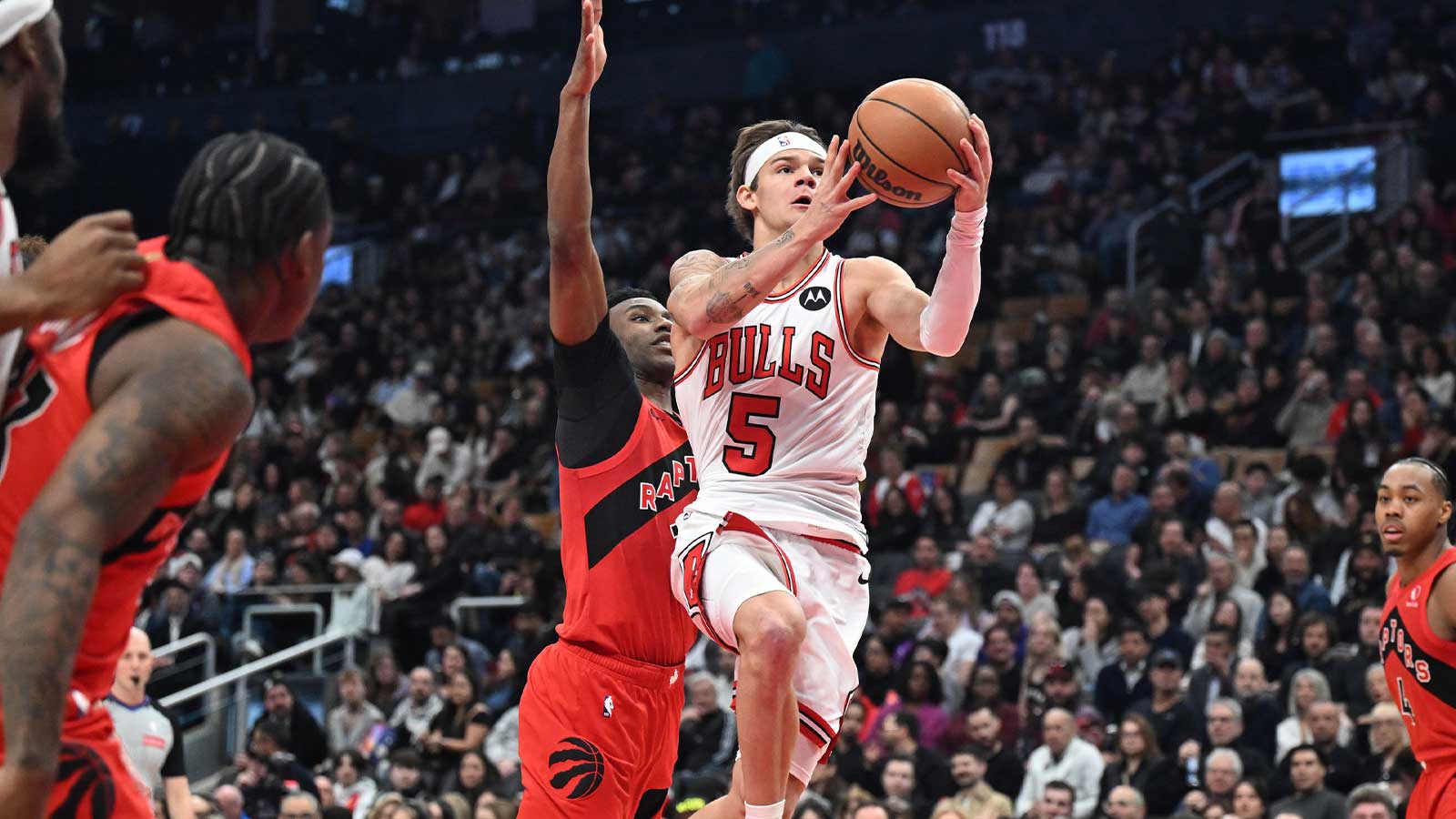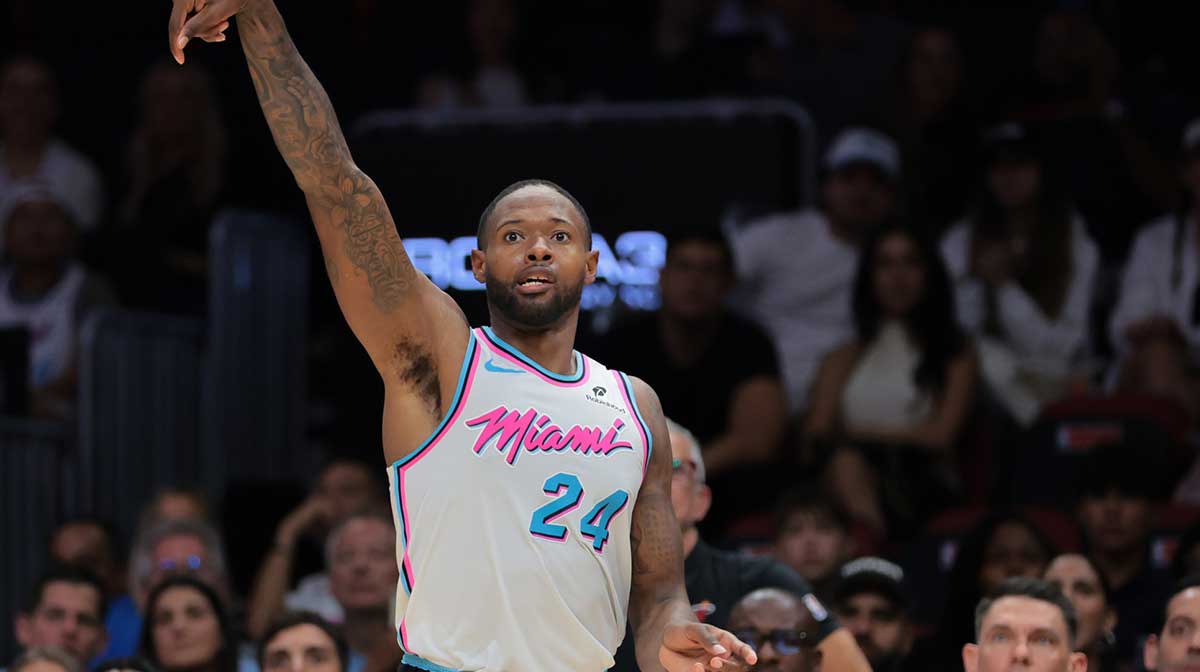The Phoenix Suns and Denver Nuggets will resume their Western Conference Semifinals series on Monday night after Denver took care of Phoenix fairly easily in Game 1.
Defeating the Suns 125-107, the Nuggets reminded everyone why they are the team to beat as the 1-seed in the West, but the Suns are a very formidable foe. Picked by many to reach the NBA Finals this season, the Suns are led by their stars in Kevin Durant, Devin Booker and Chris Paul, plus former No. 1 overall pick Deandre Ayton is continuing to grow into a well-rounded center.
Of course Phoenix will need to make adjustments heading into Game 2 if they are to even up this series before heading home for two games. With that said, fixing these three things will go a long way in helping them pick up a much-needed road win.
3. Everything starts with defense
With Kevin Durant, Devin Booker, Chris Paul and Deandre Ayton, the Phoenix Suns are one of the better offensive teams in the league. However, they have struggled at times defensively and this problem presented itself in Game 1 when the Nuggets got virtually every shot they wanted, when they wanted.
During the regular season, the Suns ranked seventh in the league in defensive rating and they only surrendered 111.6 points per game to their opponents, which ranked as the sixth-best opponent scoring average in the league.
In the postseason, however, the Suns rank last in defensive rating out of the eight teams still fighting for a championship. They are allowing an average of 119.5 points per game to their opponents. Scoring and offense is at the forefront of NBA games nowadays, but if you want to win a championship, your defense must step up.
Every championship team since 2017 has ranked inside the Top-6 in defensive rating during the playoffs and when you look at the Suns this year, there is no reason why they can't be an elite defensive team.
Paul has always been known to be a tough on-ball defender out on the perimeter, Ayton has held his own against some of the best big men in this league through the years and Durant is an extremely underappreciated defender both on the perimeter and in the paint.
In this series against the Nuggets specifically, Phoenix must find ways to slow Denver down from the perimeter. The Nuggets ranked fourth in the league in 3-point shooting percentage during the regular season and with both Nikola Jokic and Jamal Murray being able to score in the paint, any damage Denver does from 3-point range causes their lead to grow even further.
The Nuggets simply outplayed and outexecuted the Suns in Game 1, but heading into Game 2, Phoenix must show that they are the stronger team physically and mentally with their approach on defense.
2. Win the rebounding battle, win the game
One of the key storylines coming out of Game 1 between the Suns and Nuggets was the fact that Denver outrebounded them 49-38. While they have the defending two-time MVP in Nikola Jokic, the Nuggets really weren't that strong of a rebounding team during the regular season and they've continued to be a very average rebounding team in the playoffs.
As mentioned above, Denver simply outworked Phoenix in the first game of this series and that was very reflective in the box score when you look at the rebounding numbers for both sides.
There has to be a sense of urgency from Phoenix heading into Game 2 to get the job done on the glass, especially since Durant was really the one one to step up with 14 rebounds. Ayton had a total of seven rebounds, but he looked very lost at times in Game 1 and there was even a sequence where he was watching Jokic and Durant battle for the rebound instead of getting involved!
This simply cannot happen from Ayton or anyone else on the Suns' roster heading into the second game of this series, otherwise they will be heading to Phoenix down 0-2.
The Suns do not necessarily need to outrebound the Nuggets in order to win Game 2 and win moving forward in this series, but they must keep the differential in single digits and start attacking Denver in terms of grabbing offensive rebounds.
Second-chance opportunities when you have Durant and Booker can be deadly and during the regular season, Phoenix ranked fifth in the league with 11.8 offensive rebounds per game. They had just eight offensive rebounds in Game 1 and most of them did not come until it was too late!
Attacking the offensive glass not only puts pressure on the Nuggets, but it creates second-chance opportunities for the Suns and most importantly, attacking the glass could put Denver in foul trouble.
1. Speed the Nuggets up
Neither the Suns or the Nuggets played with pace during the regular season, as they ranked 22nd and 23rd in the league in this category, respectively.
Phoenix outscored Denver 23-20 in terms of fastbreak points, but there were many times where they slowed things down to get their offense set when they could have attacked the Nuggets.
There are times to slow things down and get a good shot off and then there are times where you can take advantage of your opponent offensively. Paul acknowledged this and made it clear that he needs to be better heading into the second game of this series.
“We've got to play faster, that’s on me, especially early in the game,” Paul told reporters, via AZ Central. “We've just got to pick up the pace.”
Durant also acknowledged this, stating that they need to play “more aggressive” and that “those millisecond matter” talking about the team's quick decision making.
Phoenix has a lot of athletic players on their roster outside of their starting unit and they can absolutely use this to their advantage by expanding their rotations in the first half slightly.
Cameron Payne and Damion Lee are two guards who can push the pace of play and in the starting unit, Booker is more than capable of being the lead ball-handler and pushing the pace when Paul is not in the game.
The Suns have options on how they can speed the Nuggets up and by doing so, they can wear them down. Denver is not the fastest team, nor are they the most athletic, which is why this is an area the Suns can really expose them.




















